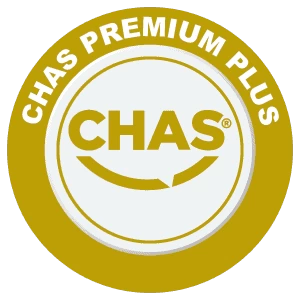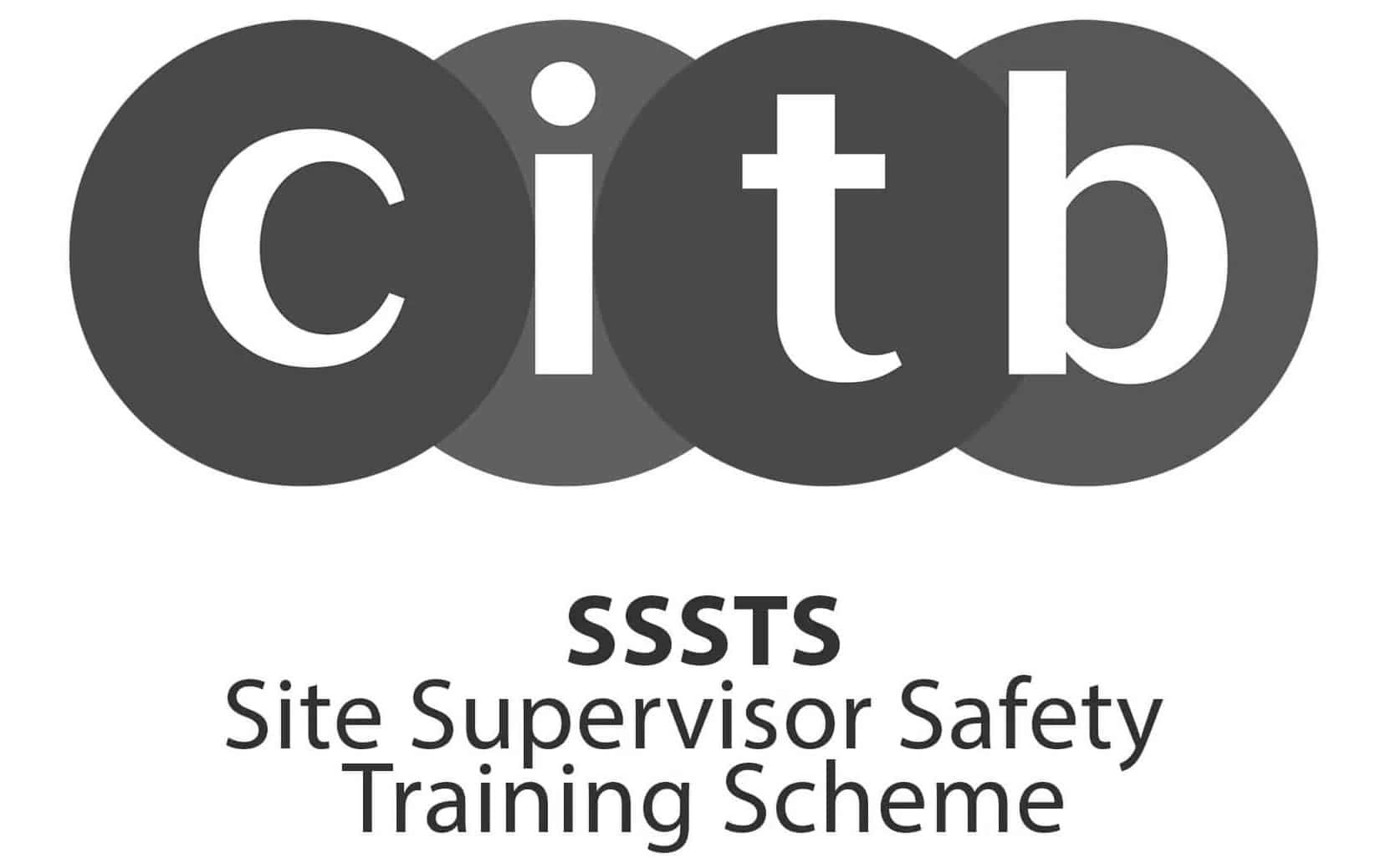Maintaining high standards of hygiene is critical in food manufacturing to ensure product safety and quality. A key factor in achieving these standards is the proper sanitisation of food factory equipment. Effective sanitisation reduces contamination risks, prevents the spread of pathogens, and helps maintain a safe production environment. This guide covers how to sanitise food factory equipment thoroughly, with advice on each step to achieve a safe and effective sanitisation process. Partnering with a professional cleaning service like Real Cleaning can also simplify this process, ensuring exceptional hygiene in even the most complex environments.
1. Establish a Clear Cleaning Protocol
Consistency is essential for maintaining hygiene. Each food factory should establish a specific cleaning protocol that outlines what, when, and how to clean equipment. This approach helps ensure every part of the facility is cleaned often enough to minimise the risk of contamination and maintain product quality.
A cleaning protocol should address:
- Frequency of Cleaning: Some equipment may need cleaning after every shift, while others may only require weekly attention.
- Tools and Cleaning Agents: Use tools and cleaning agents specific to each task, from degreasers to sanitisers.
- Documentation: Keeping records of cleaning activities provides a record for internal checks and helps ensure every procedure is followed consistently.
2. Begin with a Pre-Cleaning Step
Before sanitising, the equipment should be cleared of any visible residues, grease, or food particles. Pre-cleaning is essential because sanitising agents are most effective on clean surfaces, and any residue can reduce their efficacy.
- Remove Loose Debris: Scrape or brush off any loose debris to keep it from interfering with the cleaning process.
- Rinse Equipment: Use water to rinse surfaces and remove food particles or other residues.
- Apply a Degreaser if Necessary: For any equipment with grease buildup, a food-safe degreaser can break down fats, oils, and sticky residues, ensuring a more thorough sanitisation later.
3. Clean Using Detergent and Scrubbing
Following pre-cleaning, it’s essential to wash equipment thoroughly with a detergent. This removes dirt, grease, and other residues, preparing the surface for effective sanitisation.
- Apply Detergent: Use a food-grade detergent to lift dirt and other particles from the surface.
- Scrub Every Surface: Ensure thorough scrubbing, especially in hard-to-reach areas, to prevent residue buildup.
- Rinse Thoroughly: Rinse equipment with water to ensure all detergent is removed, which helps avoid any residue that could interfere with the sanitising step.
4. Apply a Sanitiser
Sanitising is the most critical step, as it reduces microbial contamination on equipment. Use a food-grade sanitiser that is effective against common foodborne pathogens.
- Choose the Right Sanitiser: The sanitiser must be suitable for food factory environments and effective against bacteria, fungi, and viruses.
- Follow Manufacturer Instructions: Apply the sanitiser evenly and leave it on the surface for the specified time to ensure effective microbial reduction.
- Rinse if Necessary: Some sanitisers require rinsing to prevent any residual chemical contact with food. Always follow instructions to ensure safe and effective sanitisation.
5. Add Extra Disinfection for High-Risk Areas
For areas prone to high contamination, such as equipment used for raw poultry or seafood, consider additional disinfection after sanitising.
- Understand the Difference Between Sanitisers and Disinfectants: Sanitisers reduce most germs to safe levels, while disinfectants kill a wider range of microorganisms.
- Use Sparingly and Where Necessary: Disinfectants are strong and should only be used in areas with the highest need for microbial control.
6. Regularly Inspect and Monitor the Process
Routine inspections and monitoring confirm the effectiveness of the sanitisation process and help identify any areas for improvement.
- Swab Tests: Conduct swab tests on surfaces to measure microbial levels and verify sanitisation effectiveness.
- Routine Audits: Regular internal audits help ensure all cleaning and sanitisation procedures are followed and can highlight areas for improvement.
- Record-Keeping: Maintain logs of inspection results and corrective actions to provide a comprehensive record of your facility’s hygiene practices.
7. Consider Professional Cleaning Services
Due to the complexities of cleaning food factory equipment, working with a professional cleaning company like Real Cleaning can be a wise choice. Here’s why enlisting professional help can be beneficial:
- Expertise in Food Safety: Professional cleaners are highly trained in food hygiene protocols and understand the cleaning needs specific to food manufacturing equipment.
- Specialised Equipment and Techniques: Companies like Real Cleaning use advanced tools and methods, such as dry ice blasting and steam cleaning, which are ideal for removing contaminants from intricate machinery or electrical components.
- Time and Cost Efficiency: Professional cleaners can sanitise equipment more quickly and thoroughly, reducing downtime and maximising operational efficiency.
8. Stay Informed About Industry Best Practices
The food manufacturing sector constantly evolves, and new methods for maintaining hygiene standards emerge regularly. Staying up to date on best practices can help your facility remain a clean and safe environment for food production.
- Adapt to Changes: Continuously update sanitisation protocols to incorporate any new cleaning techniques or equipment that improve effectiveness and efficiency.
- Consult with Professionals: Working with a professional cleaning service ensures that your facility benefits from the latest industry standards and best practices.
Sanitising food factory equipment requires a structured approach, and establishing a solid cleaning protocol is essential for achieving a consistently clean environment that minimises contamination risks. Enlisting a professional cleaning company like Real Cleaning can simplify this process and help maintain a hygienic production environment, ensuring that each piece of equipment is thoroughly cleaned, safe, and ready for use.
At The Real Cleaning Company we have over 26 years of experience providing specialist cleaning services to the food industry. Learn more about our service offerings or request a quote.

















